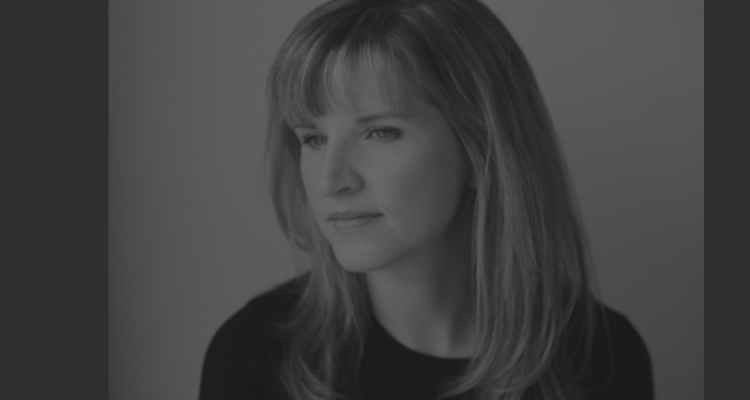New York Times Best-selling author Tara Westover participated in the Regina, A. Quick Center for the Arts’ Open VISIONS Forum on March 16.
In front of an audience of over 600 attendees tuning in from everywhere from Fairfield, Conn. to Denver, CO., Father Gery Blaszcak SJ, Bank of America executive Dalila Borge and moderator Dr. Phillip Eliasoph Ph.D asked Westover about her memoir “Educated” and the topics she discusses in the book.
“A lot of people have found education to be a means to saving their lives,” remarked Westover. “Some families can be complicated, and part of growing up is learning to define yourself as part of your family and in distinction from it.”
Education exists as something that allowed her to make difficult choices regarding her spiritual, emotional and personal life. Westover grew up a devout mormon in Idaho and transitioned into a more mainstream version of Mormonism during her college years at Brigham Young University.
“The mormon church is really far behind on a few issues that matter to me, like gay rights and womens’ rights,” explained Westover.
Nonetheless she wanted to emphasize that she did not write her book to criticize mormonism.
“The very first first words I wrote for my book were that this is not a story about Mormonism, this is not about religious belief,” explained Westover. “I think Mormonism is a character in that story, but I don’t blame Mormonism for the way I was raised.”
Her father, a man that she says can “make absolutely anything radical” raised her and her siblings on a variation of Mormonism much more extreme than the 99.9 percent of Mormons in her town. His children had no birth certificate, never attended school and did not utilize hospitals. This religious fanaticism causes Westover to now speculate that her father actually suffers from some sort of mental illness.
Intense family conflicts caused Westover to become estranged from much of her family.
While she misses them greatly, and still cherishes the beautiful memories she has of them, she had to make this difficult decision to preserve her own well-being and personal growth.
“It happens more than we think, but people don’t really talk about it,” said Westover on the topic of estrangement. “The idea is that if you don’t talk to someone in your family, then there’s something wrong with you. Just because I miss them doesn’t mean it was the wrong decision.”
This divide with her family initiated from the disagreement she had with her father about attending college.
Westover wanted to attend college, initially, to just pursue her lifelong passion for music. However, it was here at university that she began to awaken to the world around her, learning about the Civil Rights Movement and finally hearing about the Holocaust.
“The world just shifted, in a really really big way,” commented Westover. “I was just really really behind, and I had to make up for it by just studying all the time.”
Westover, who openly acknowledges the shameful mindset and immense levels of ignorance that she used to possess, believes that people need to approach matters of prejudice by villainizing ideas and not people.
“You may or may not be able to persuade them, but I do think ultimately, because we live in a democracy, some sort of conversation has to reappear,” said Westover, about America’s current social divide. “I have to believe that because I have been on the wrong side of essentially everything.”
Whether she discussed personal fulfillment and growth, or how to best resolve America’s social divide, Westover continued to return to the theme present in her memoir’s title: education.
The fact that her peculiar specific life story has garnered the interest of such a wide audience provides a final whim of hope that education of both one’s self and others remains something that people everywhere continue to strive towards.


Leave a Reply